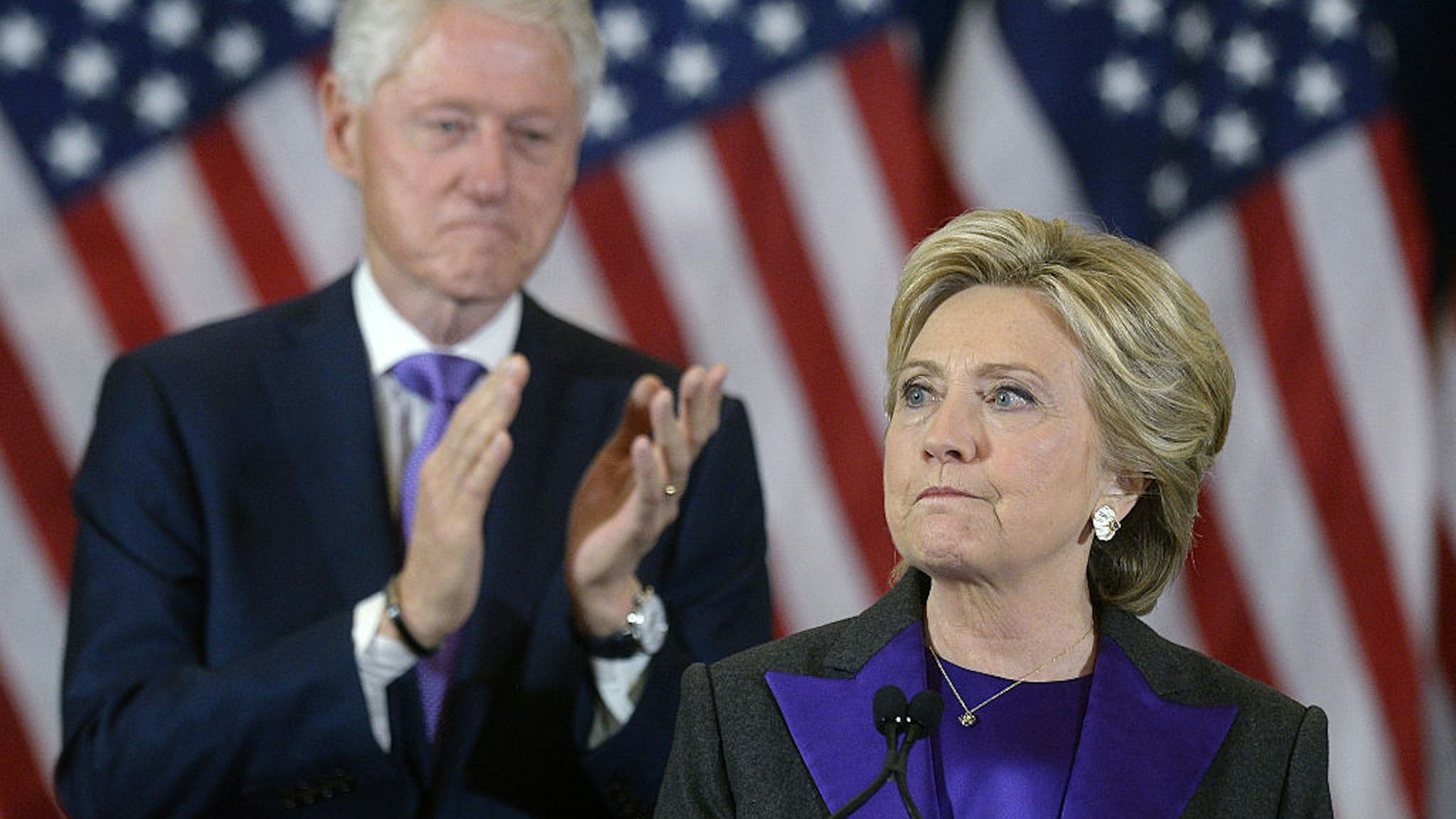One of the explanations offered by Donald Trump critics for his stunning upset victory over “inevitable” Democratic nominee Hillary Clinton is that a pro-Trump Russian troll campaign somehow manipulated gullible Americans into voting for the former reality TV star over the seasoned politician. A new study, however, strikes right at the heart of that theory, finding that Russian online influencers appear to have no “substantial” impact on Americans on key issues.
Among the outlets on the left that have pushed the “Russians trolls got Trump elected” conspiracy theory is The New Yorker, which interviewed Kathleen Hall Jamieson last year about her book “Cyberwar: How Russian Hackers and Trolls Helped Elect a President—What We Don’t, Can’t, and Do Know.” Here’s an excerpt from the piece (formatting adjusted):
Extensive studies of past campaigns, Jamieson said, have demonstrated that “you can affect people, who then change their decision, and that alters the outcome.” She continued, “I’m not arguing that Russians pulled the voting levers. I’m arguing that they persuaded enough people to either vote a certain way or not vote at all.” The effect of such manipulations could be momentous in an election as close as the 2016 race, in which Clinton got nearly 2.9 million more votes than Trump, and Trump won the Electoral College only because some eighty thousand votes went his way in Wisconsin, Michigan, and Pennsylvania. In two hundred and twenty-four pages of extremely dry prose, with four appendixes of charts and graphs and fifty-four pages of footnotes, Jamieson makes a strong case that, in 2016, “Russian masterminds” pulled off a technological and political coup. Moreover, she concludes, the American media “inadvertently helped them achieve their goals.”
So, did “Russian masterminds” really succeed in carrying out a “technological and political coup” for Trump?
A study of online activity in 2017 published this week by the National Academy of the Sciences suggests that the premise of that theory is fundamentally flawed. Though the study does not attempt to provide any conclusions about 2016 activity, which was not part of the study, online activity the following year provides some helpful insights into the plausibility of such a troll-orchestrated “coup.”
“While numerous studies analyze the strategy of online influence campaigns, their impact on the public remains an open question,” reads the study’s summary. “We investigate this question combining longitudinal data on 1,239 Republicans and Democrats from late 2017 with data on Twitter accounts operated by the Russian Internet Research Agency.”
“We find no evidence that interacting with these accounts substantially impacted 6 political attitudes and behaviors,” the study’s authors assert.
The study also found that those who interacted most with trolls appear to be those who have already strongly formed political opinions — in other words, those whose political opinions are the least likely to be influenced by a troll campaign.
“Descriptively, interactions with trolls were most common among individuals who use Twitter frequently, have strong social-media ‘echo chambers,’ and high interest in politics,” the summary continues. “These results suggest Americans may not be easily susceptible to online influence campaigns, but leave unanswered important questions about the impact of Russia’s campaign on misinformation, political discourse, and 2016 presidential election campaign dynamics.”
The study’s abstract provides more details on the researchers’ methods and findings:
There is widespread concern that Russia and other countries have launched social-media campaigns designed to increase political divisions in the United States. Though a growing number of studies analyze the strategy of such campaigns, it is not yet known how these efforts shaped the political attitudes and behaviors of Americans. We study this question using longitudinal data that describe the attitudes and online behaviors of 1,239 Republican and Democratic Twitter users from late 2017 merged with nonpublic data about the Russian Internet Research Agency (IRA) from Twitter. Using Bayesian regression tree models, we find no evidence that interaction with IRA accounts substantially impacted 6 distinctive measures of political attitudes and behaviors over a 1-mo period. We also find that interaction with IRA accounts were most common among respondents with strong ideological homophily within their Twitter network, high interest in politics, and high frequency of Twitter usage. Together, these findings suggest that Russian trolls might have failed to sow discord because they mostly interacted with those who were already highly polarized. We conclude by discussing several important limitations of our study—especially our inability to determine whether IRA accounts influenced the 2016 presidential election—as well as its implications for future research on social media influence campaigns, political polarization, and computational social science.
Related: Biden Reveals Four Women He Might Choose As Vice President

